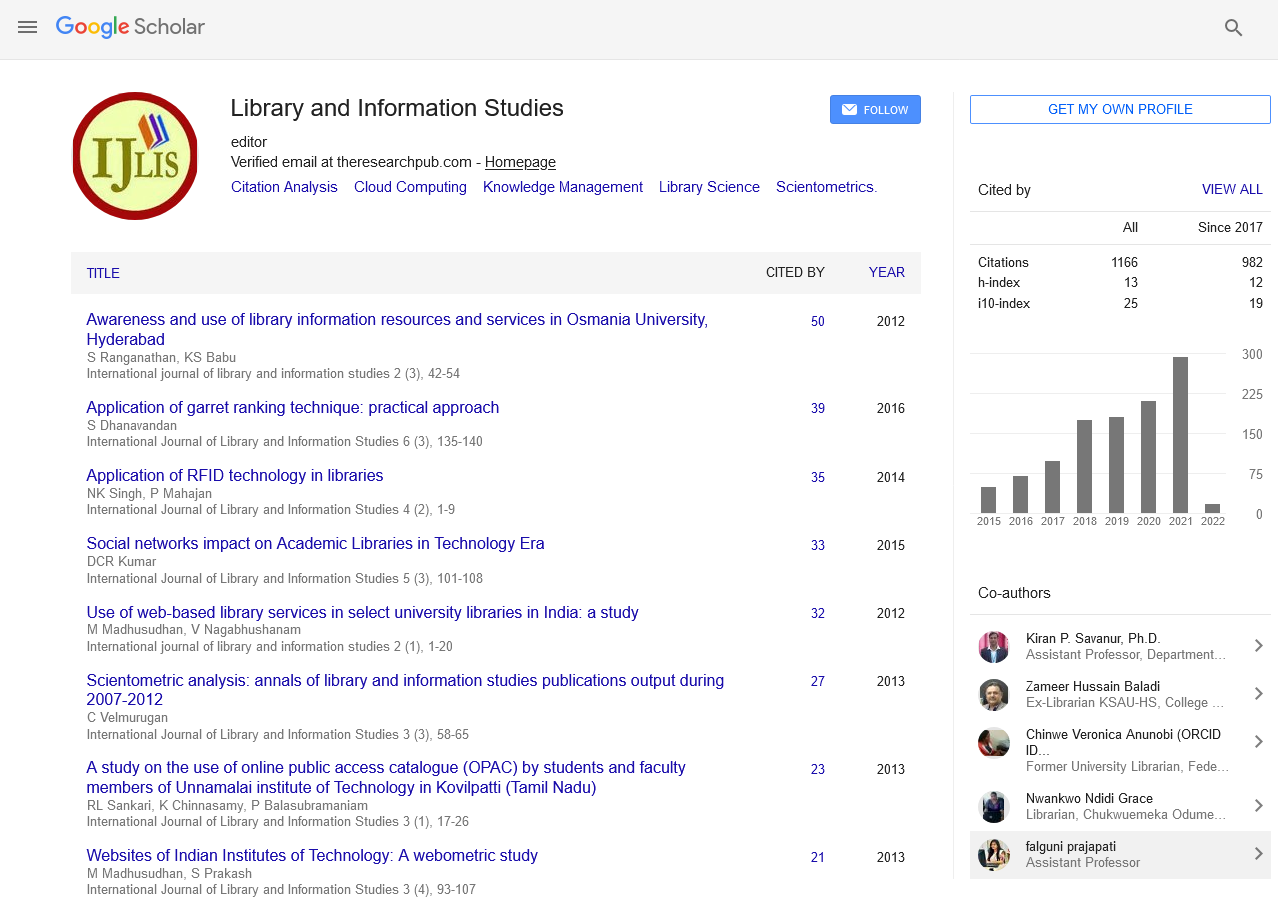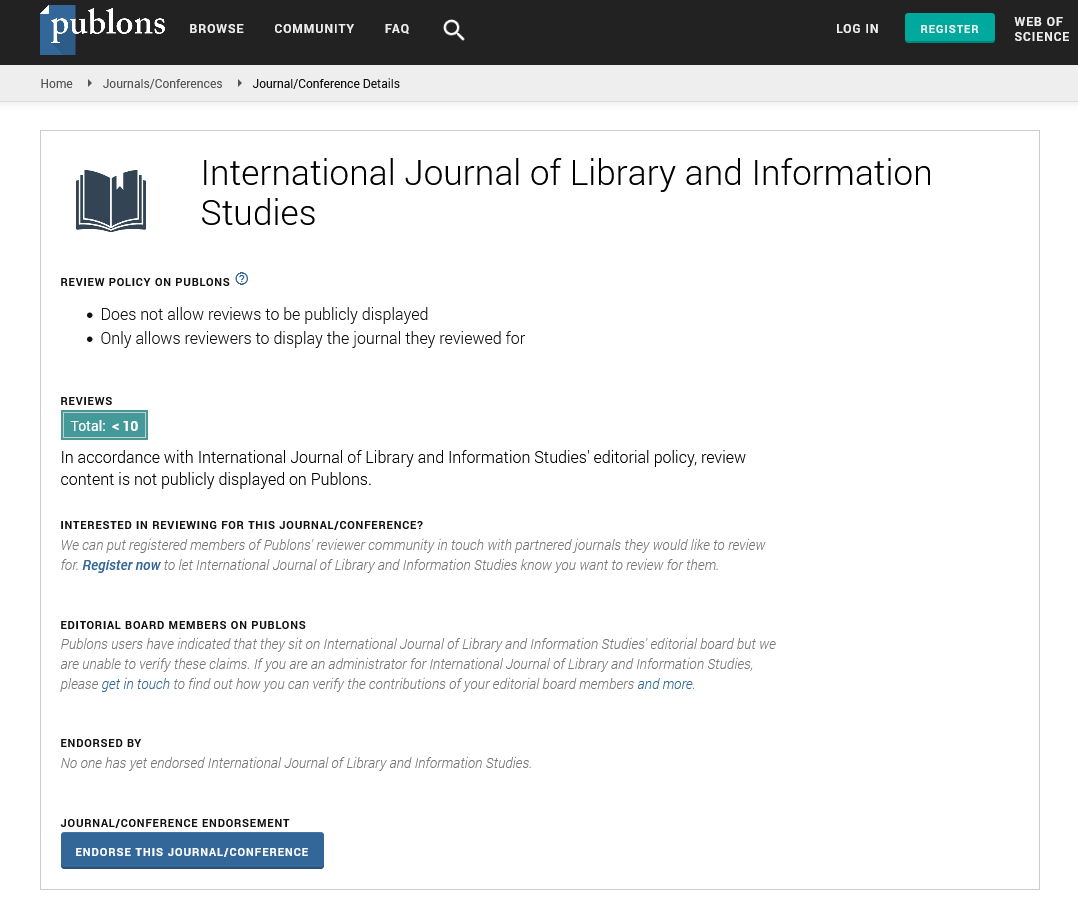Commentary Article - (2022) Volume 12, Issue 2
General Study and Importance of Educational and Cognitive Psychology
Ozgur Deniz*Description
Educational psychology is the scientific study of human learning in psychology. Researchers can better understand individual differences in intelligence, cognitive development, affect, motivation, self-regulation, and self-concept by understanding learning processes from both cognitive and behavioral perspectives. The field of educational psychology heavily relies on quantitative techniques, such as testing and measurement techniques, to improve educational activities such as instructional strategies, classroom organization, and assessment, which serve to facilitate learning processes across the lifetime.
Educational psychology encompasses various disciplines, which includes developmental psychology, behavioral psychology, and cognitive psychology. Human development theories are used by educational psychologists to understand individual learning and to inform the classroom instruction. Observing individual students, identifying effective learning environments, analyzing and understanding specific teaching methods that influence students to succeed in durability are all examples of educational psychology that establish how learning and behavior are influenced in an educational environment. Although there are number of theories in educational psychology, many experts identify five major fields of knowledge: Behaviorism, cognitivism, constructivism, experientialism, and social contextual learning theories. It is the study of memory, conceptual processes, and individual characteristics or through cognitive psychology in order to conceptualize new learning techniques in humans.
It is mainly acknowledged by psychology, with a relationship to that discipline that is similar to the relationship between biology and medicine. Cognitive science is also playing an important role in education. Educational psychology informs a wide range of educational investigations, such as instructional strategies, learning environments, organizational learning, special education, classroom management, and student motivation. In the last 20 years, educational psychology has seen rapid growth and development as a field of study. In the early 20th century, school psychology began with the concept of intelligence testing, which led to provisions for special education students who could not follow the regular classroom curriculum.
Educational psychology methods
• Self-examination
• Observation
• Clinical technique
• Case studies
• Methods of survey or differentiation
• Method of scientific knowledge or experimentation
Educational Psychology builds on other disciplines, such as neuroscience, and frequently involves standardized exams to obtain information about children's academic knowledge and skills. This information allows to understanding how children learn and process information and their learning potential. The cognitive perspective is widely used between current educational psychologists than the behavioural perspective, because it knows causally related cognitive structures such as traits, perceptions, memories, motivations, and emotions. Motivation is a psychological state that activates, supports, and sustains behaviour. Motivation could have a wide range of effects on how students are learning and related to field of study: Provide instruction toward goals and improve cognitive processing and performance.
Topics in educational psychology
• Curriculum development is the process of creating courses that will maximize learning.
• Organizational learning is the study of how people learn in organizations, such as workplace environments.
• Exceptionally talented students: Supporting students who have been identified as talented.
• Educational Technology is exploring how various types of technology can assist students in learning.
• Design of instruction is creating effective educational materials.
• Special education is the assistance provided to students who may require specialized instruction.
What is cognitive psychology?
The scientific study of intellectual methods such as attention, language use, cognition, perception, problem solving, creative thinking, and cognition is known as cognitive psychology. This break occurred when researchers in linguistics, cybernetics, and applied psychology used models of mental processing to explain human behaviour. Cognitive psychology oriented in the 1960s as an alternative to behaviourism, which held from the 1920s to the 1950s that non-observable cognitive functions were within the specifications of experimental knowledge. Much more of cognitive psychology's work has been integrated into other fields of psychology as well as various different modern fields of study such as cognitive science, language teaching, and economic history. Cognitive psychology overlaps with cognitive science, which is more interdisciplinary and includes study on non-human subjects and artificial intelligence.
Author Info
Ozgur Deniz*Received: 01-Jun-2022, Manuscript No. IJLIS-22-69459; Editor assigned: 03-Jun-2022, Pre QC No. IJLIS-22-69459 (PQ); Reviewed: 17-Jun-2022, QC No. IJLIS-22-69459; Revised: 01-Jul-2022, Manuscript No. IJLIS-22-69459 (R); Published: 04-Jul-2022, DOI: 10.35248/2231-4911.22.12.833
Copyright: This is an open access article distributed under the terms of the Creative Commons Attribution License, which permits unrestricted use, distribution, and reproduction in any medium, provided the original work is properly cited.
Call for Papers
Authors can contribute papers on
What is Your ORCID
Register for the persistent digital identifier that distinguishes you from every other researcher.
Social Bookmarking
Know Your Citation Style
American Psychological Association (APA)
Modern Language Association (MLA)
American Anthropological Association (AAA)
Society for American Archaeology
American Antiquity Citation Style
American Medical Association (AMA)
American Political Science Association(APSA)





